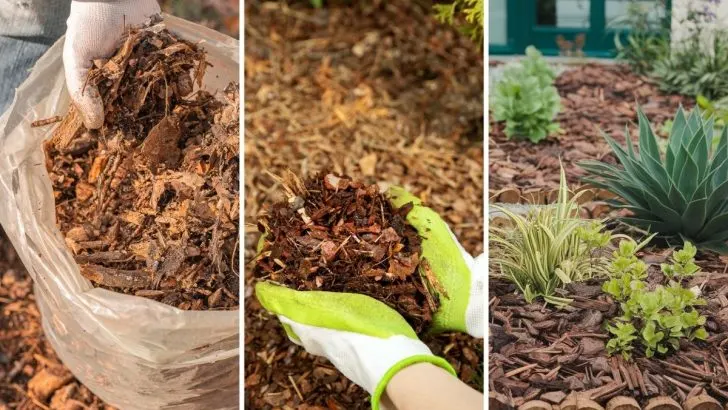Adding mulch to your garden might seem like a small task, but it can make a world of difference in the health and appearance of your plants. Mulch provides a protective layer that benefits both the soil and plants in numerous ways.
Whether you’re an experienced gardener or someone just starting to explore the joys of planting, understanding the importance of mulch can significantly enhance your gardening efforts.
Mulch isn’t just about aesthetics, although it does give gardens a tidy, uniform look. Its true value lies beneath the surface.
From enriching the soil to conserving water, this unsung hero plays a crucial role in plant health and sustainability. Here’s why incorporating mulch into your gardening routine is such a wise move.
1. Retains Moisture
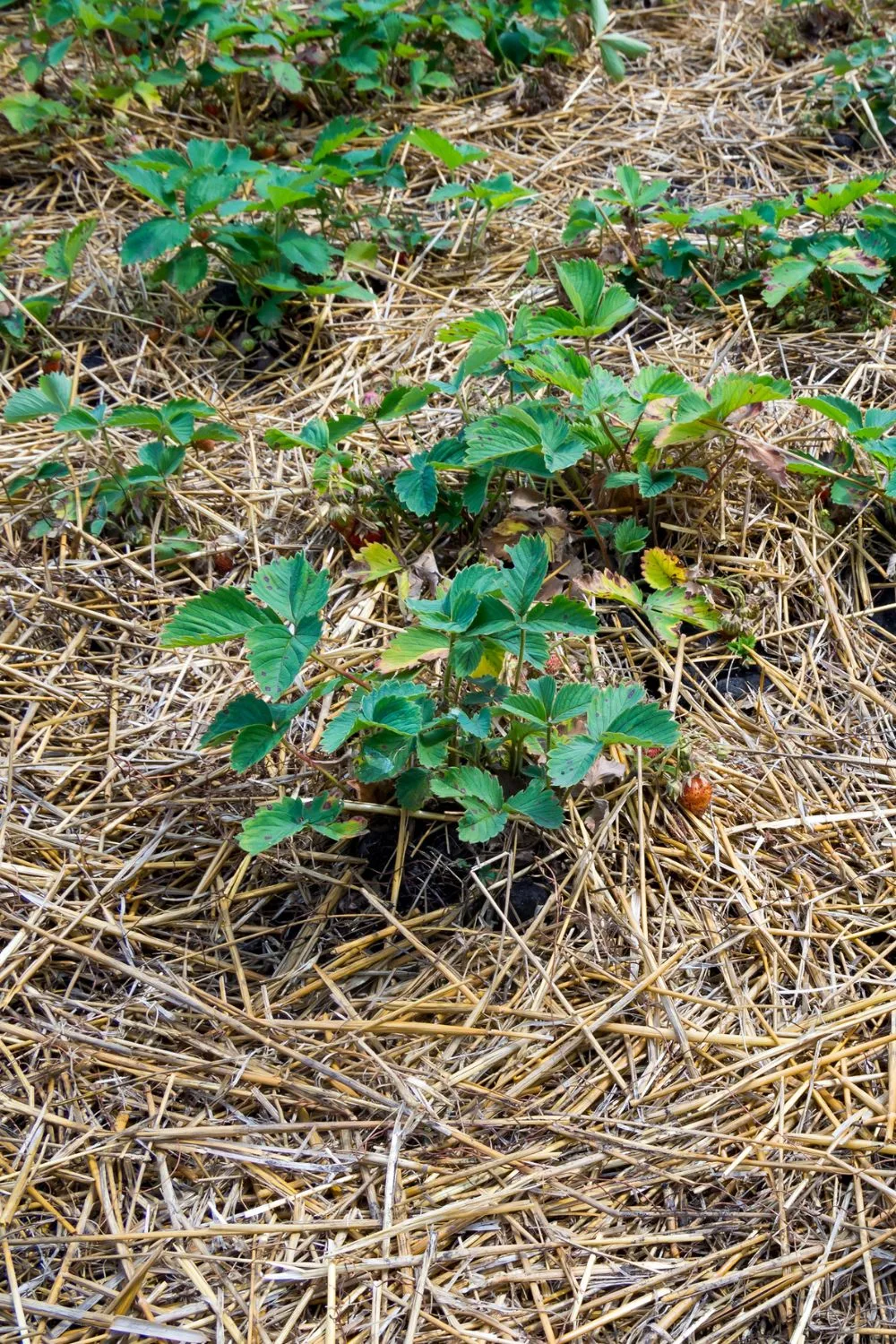
One of the primary benefits of using mulch is its ability to retain moisture in the soil. This is particularly useful during hot, dry spells when water conservation becomes key. Mulch acts as a barrier, reducing evaporation and allowing the soil to remain moist for a longer period.
By maintaining a consistent level of moisture, mulch helps plants thrive without the need for constant watering. Imagine spending less time watering your plants and more time enjoying your garden. Not only does this save water, but it also reduces utility bills, making it an eco-friendly and economical choice.
2. Suppresses Weeds
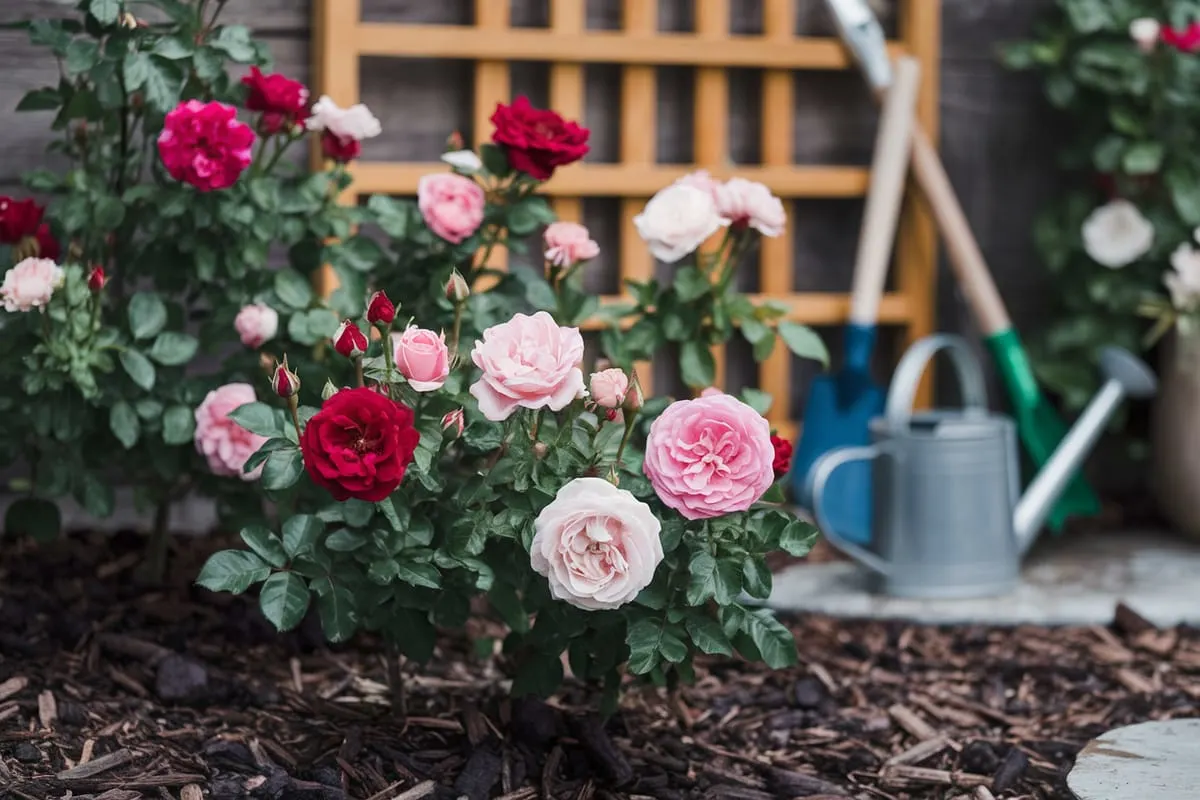
Weeds can be a gardener’s nemesis. Fortunately, mulch offers a simple solution to this persistent problem. By covering the soil, mulch blocks sunlight, preventing weeds from germinating and growing. This not only saves time but also reduces the need for chemical herbicides.
A thick layer of mulch effectively chokes out weed growth, which means your plants won’t have to compete for nutrients. Fewer weeds also mean a more aesthetically pleasing garden, free from invasive plants vying for attention.
3. Regulates Soil Temperature
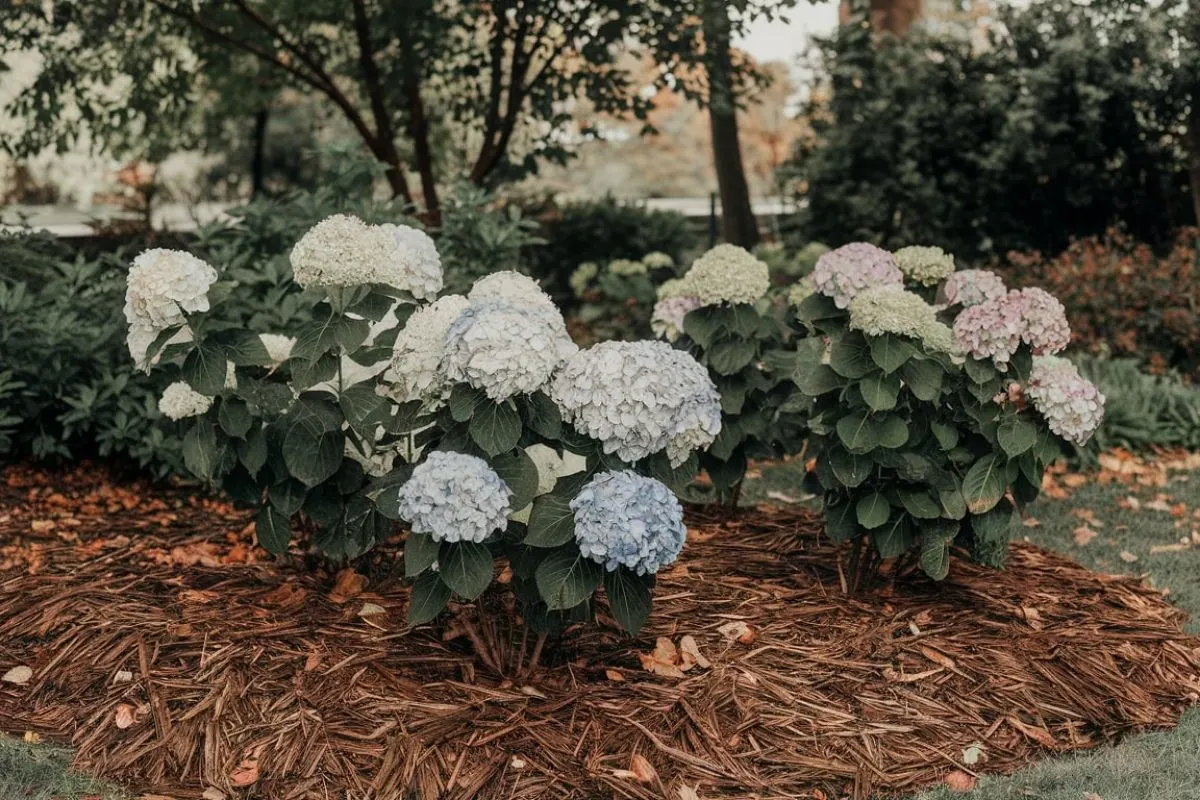
Just as insulation helps maintain a comfortable indoor temperature, mulch helps regulate the temperature of the soil. This regulation protects plant roots from extreme temperatures, shielding them from the harsh cold of winter and the intense heat of summer.
With a stable temperature, roots can grow healthier and stronger, enhancing plant resilience and reducing stress. Healthy roots are the foundation for robust plants, and mulch plays a pivotal role in their development.
4. Prevents Soil Erosion
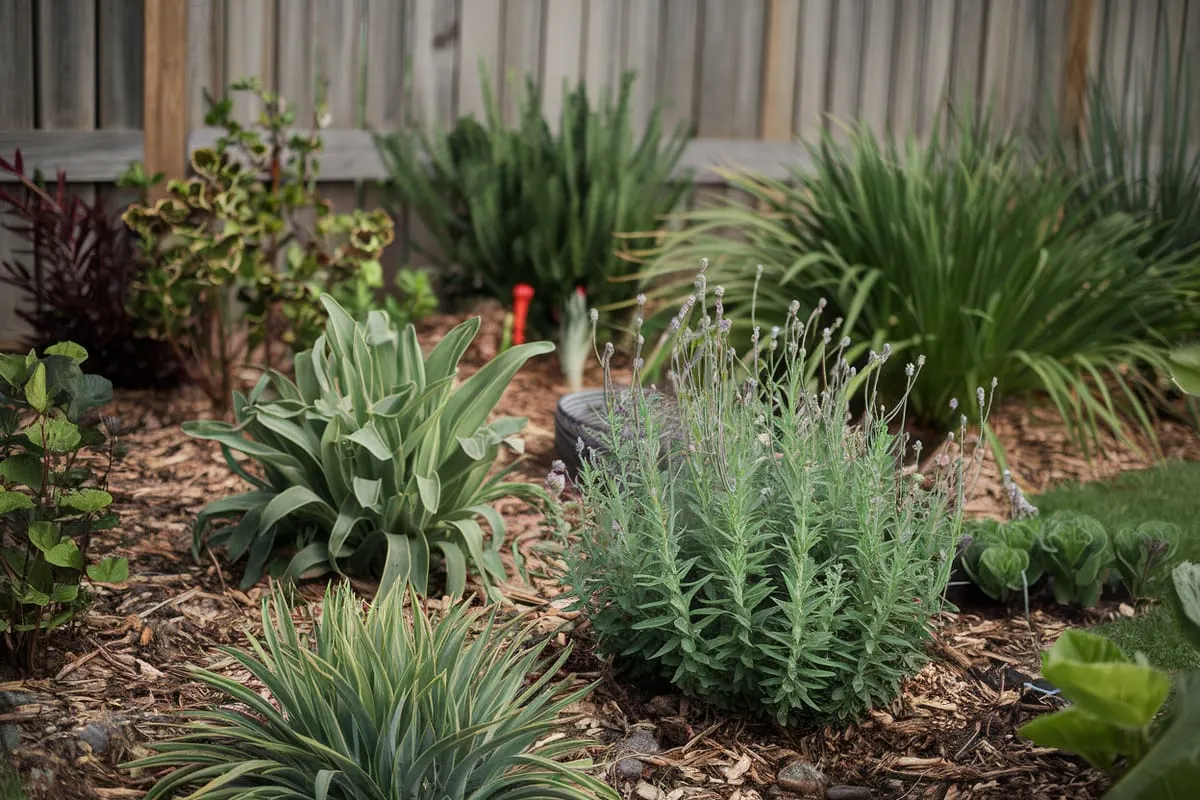
Mulch serves as a protective layer that helps guard against soil erosion. When it rains hard, bare soil can easily wash away, taking with it essential nutrients that plants need to grow. Mulch reduces the impact of raindrops on the soil surface, effectively minimizing erosion.
By keeping the soil in place, mulch helps maintain the structure and fertility of the soil. This, in turn, promotes healthier plants as the soil retains its nutrient content and supports root growth.
5. Enriches the Soil
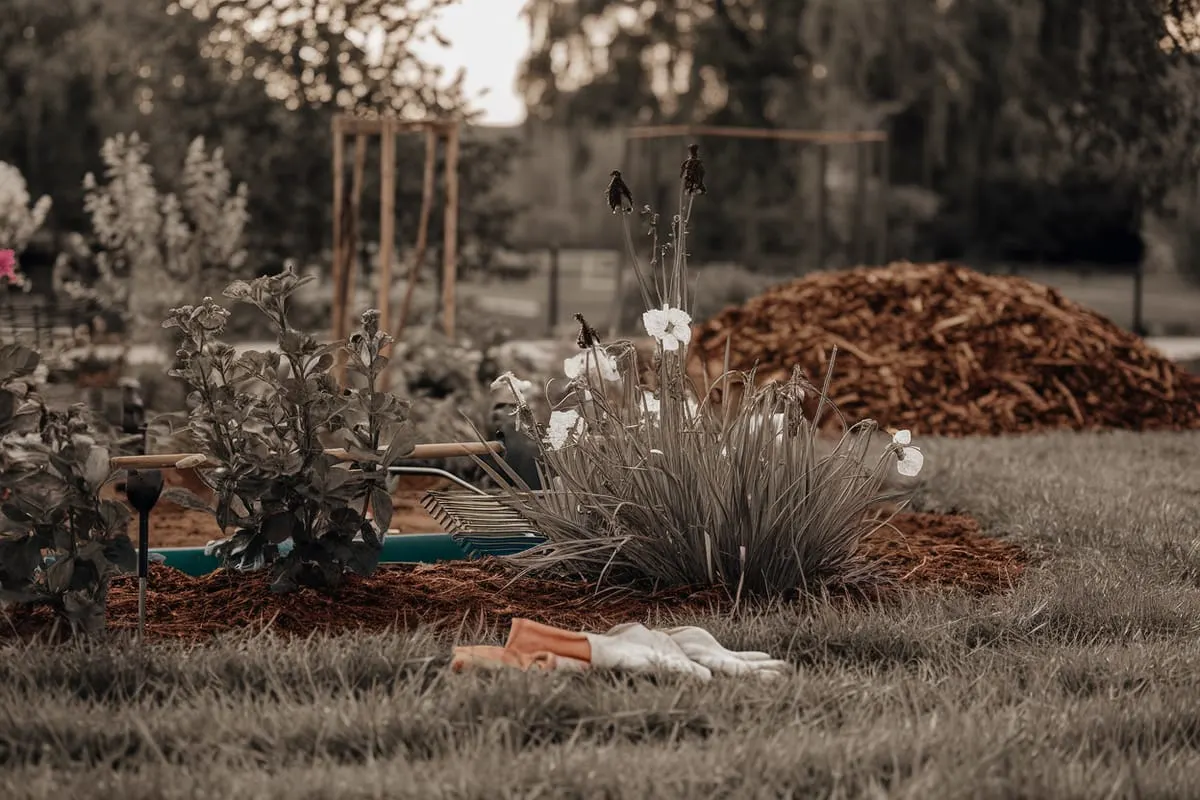
As organic mulch breaks down, it enriches the soil with natural nutrients. Think of it as nature’s fertilizer. Mulch such as bark, leaves, or compost gradually decomposes, adding valuable organic matter to the soil. This process improves soil structure and enhances nutrient availability for plants.
This steady supply of nutrients means healthier and more verdant plants without the need for additional chemical fertilizers. It’s a sustainable way to nourish your garden while embracing environmentally friendly practices.
6. Attracts Beneficial Organisms
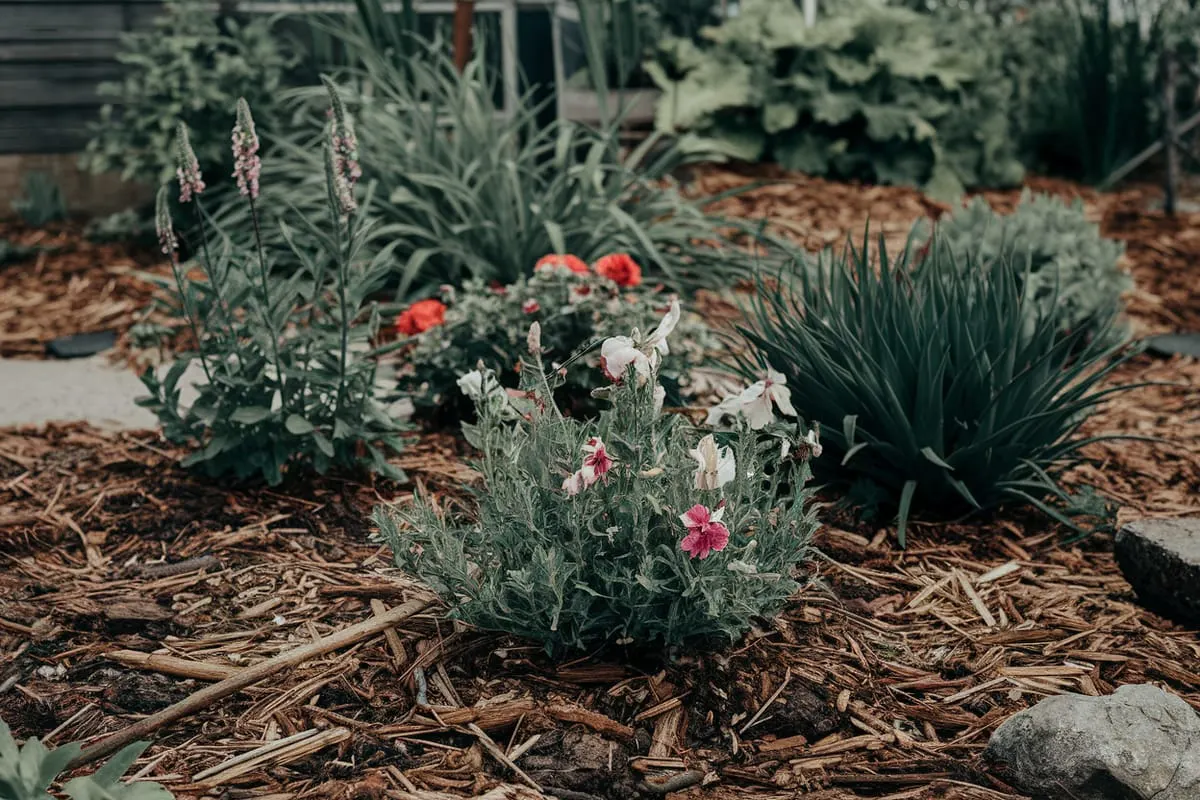
Mulch creates a habitat for beneficial organisms like earthworms and microorganisms. These tiny helpers play a significant role in maintaining soil health by aerating the soil, breaking down organic materials, and cycling nutrients.
A thriving ecosystem of beneficial organisms leads to better soil quality, which directly impacts plant health. Encouraging these natural allies in your garden can reduce the need for chemical interventions, keeping your garden closer to its natural state.
7. Enhances Garden Aesthetics
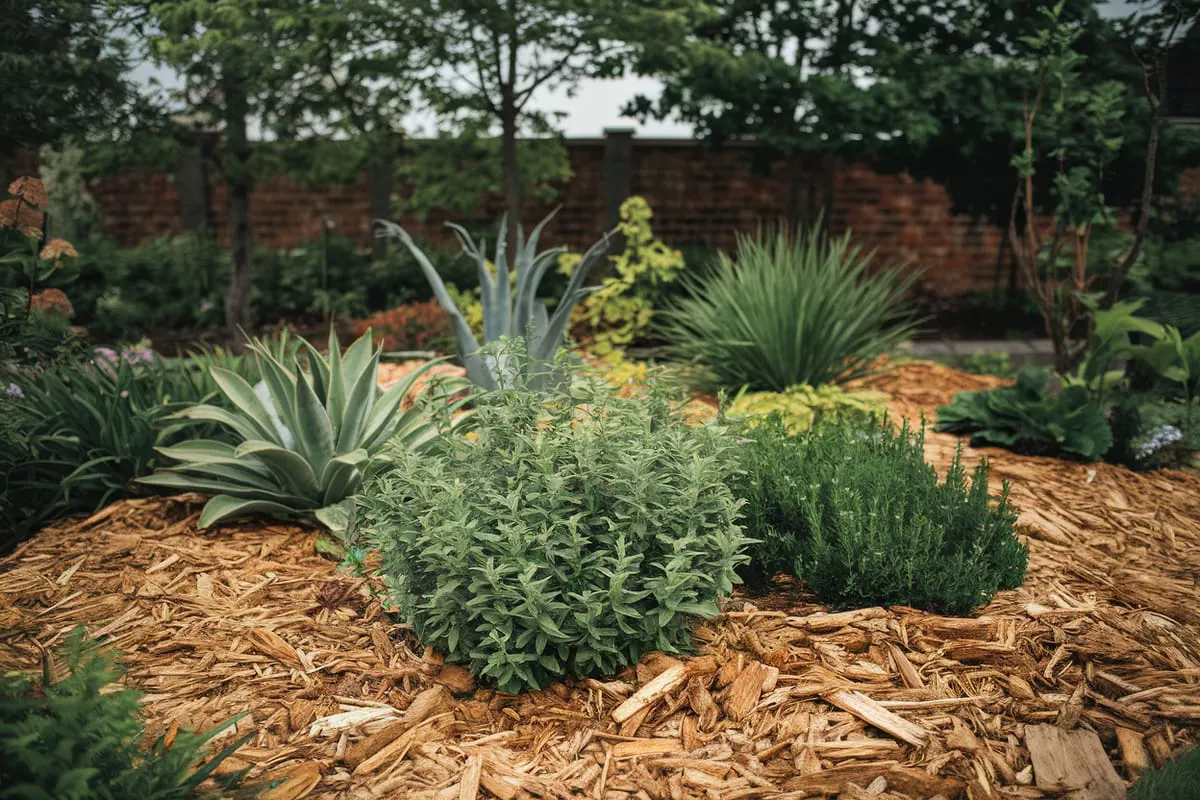
While the functional benefits of mulch are plenty, its impact on garden aesthetics shouldn’t be overlooked. A layer of well-chosen mulch can instantly tidy up a garden, providing a cohesive and finished look.
Whether you prefer the rustic charm of bark or the clean lines of gravel, mulch can complement any garden style.
The appeal of a well-mulched garden goes beyond looks. It conveys a sense of care and attention to detail, adding an extra layer of beauty that enhances the overall gardening experience.
Final Thoughts
Incorporating mulch into your gardening routine offers numerous benefits that extend beyond just making your plants look good.
From conserving moisture to improving soil health, mulch is a multi-functional tool for every gardener. So, the next time you’re planning your garden care routine, consider picking up some mulch.
Your plants—and your water bill—will thank you.

